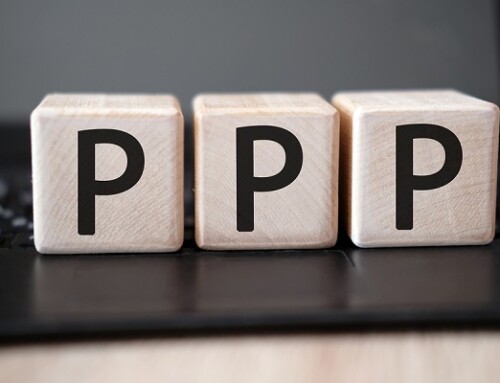Owing taxes isn’t fun and the IRS has a unique talent for making it even worse by tacking on interest and penalties. In fact, many taxpayers have spent more money on interest and penalties than on the actual tax debt itself. If only we could get rid of interest and penalties. Is it even possible? Actually, yes. It is possible under certain circumstances to eliminate or significantly reduce penalties. It’s called getting it; you need to show the IRS “abatement,” and to get it you need “reasonable cause” as to why you were unable to pay your taxes. Some of the reasons the IRS may accept include:
- Serious illness
- Destruction of your home or business, such as by fire or natural disaster
- Reliance on a tax pro who provided bad advice
- The IRS having received inaccurate information
- A customer having sent out the wrong information, such as with a 1099-MISC
- You did not pay the tax bill because of a harsh financial situation
If you feel one or more of these situations apply to you and you’re facing hefty IRS penalties, here’s what you can do: Write a clear, concise letter to the IRS explaining your “reasonable cause” from the list above. You will have to attach IRS Form 843, Claim for Refund and Request for Abatement. Include copies of any documents that support your argument, such as a doctor’s statement, an insurance claim, etc. The IRS may reject your abatement request. If that happens, there are still some actions you can take. You can file a protest with the IRS, either by phone or mail. Alternatively, you may seek some other type of relief, such as an offer-in-compromise (although these aren’t easy to get). Another IRS policy to be aware of is its “First Time Abate”, which means you can wipe out your penalties (for late filings or late tax payments) IF:
- You did not have penalties for the three prior tax years; and are current with all filings and have paid all taxes due.
Now, what about suffocating interest? This one is hard to overcome, because interest is required by law. (The IRS essentially assumes that your nonpayment of taxes is a loan.)
However, there’s a glimmer of hope. The IRS may consider reducing or eliminating interest if:
- The IRS made a mistake
- You settled with the IRS, which reduced or eliminated your tax, or you received an abatement of penalty. As a result, there is no interest on the changed amounts.
- The IRS sent you a refund check by accident. In this case, the agency will charge interest. No doubt, in this situation you can request a refund for this.
- If the IRS takes too long with an issue, you can seek a reduction in the interest payment.
- You filed a tax return late but live in a federally-declared disaster area.
- You file for bankruptcy, which discharges your IRS debt, or negotiate an offer in compromise (the interest on the reduced amounts will be refunded).





